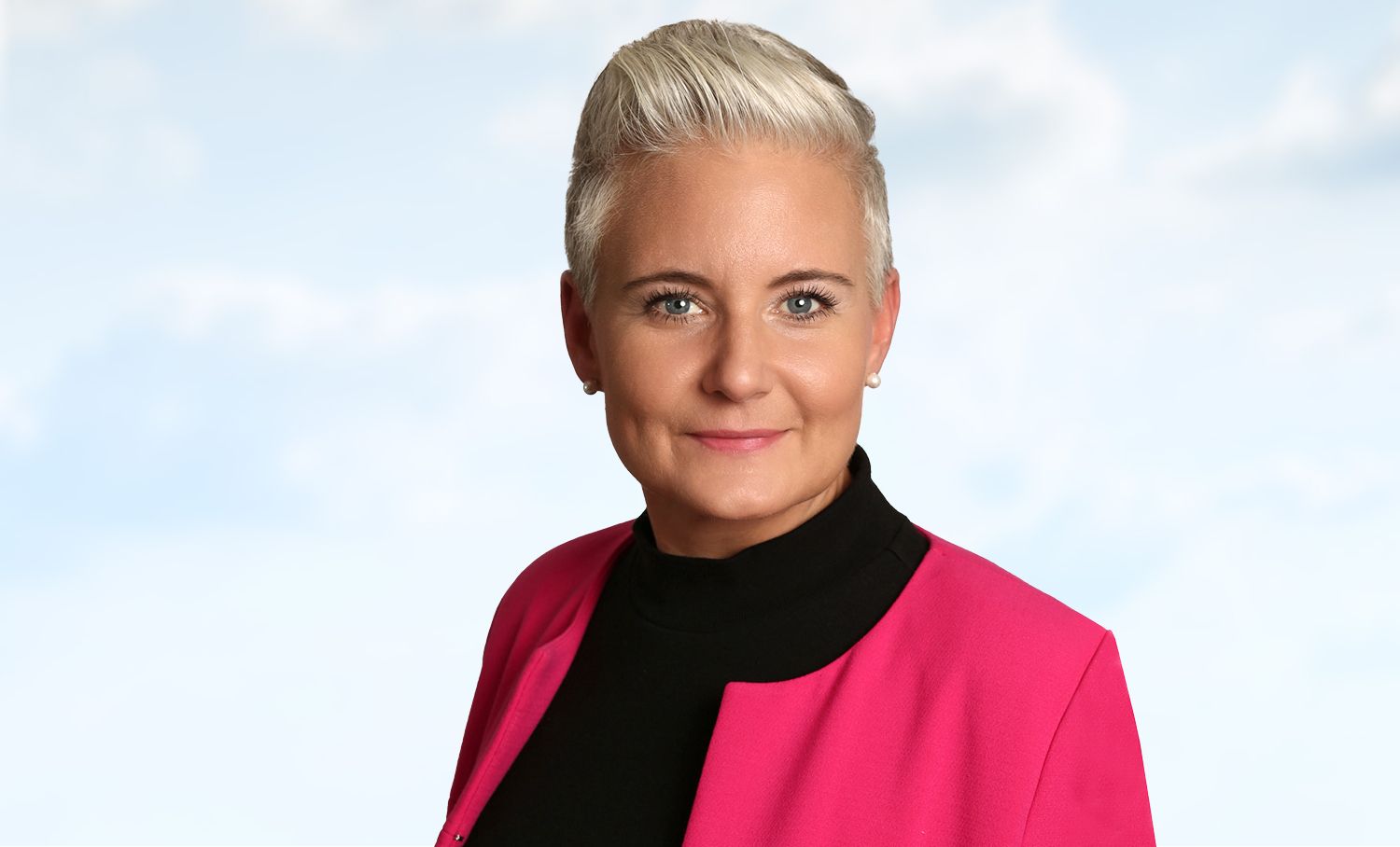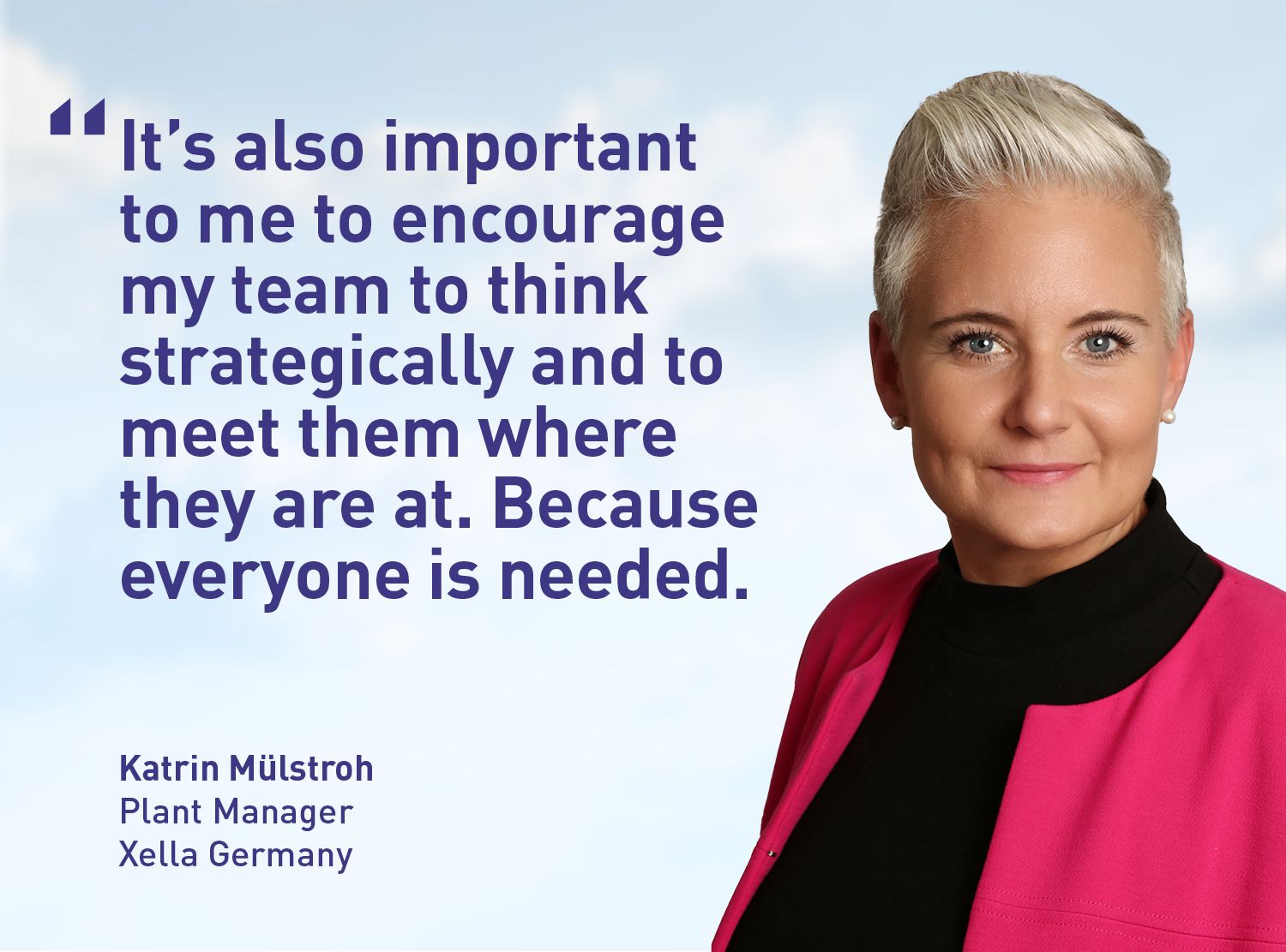Katrin, you have been the manager of a Silka plant since January. What made you choose Xella?
I was looking for an open-minded management that would allow my involvement and be willing to explore new ways of doing things. I would describe my management style as modern because I actively involve my employees in decision making and communicate with transparency. I found this at Xella! Moreover, Xella is also a regional employer, and it was important for me to be able to cycle to work.
How would you describe your first few months?
When I started working, I quickly realized that there was also a need within the team to do things differently. You have to think carefully about how to meet this need, because processes are prescribed and standardized. But all my colleagues made it easy for me to fit in right from the start. We discussed the decision to change the organizational structure at the site together. It was clear to everyone that many tasks would have to be shared and that someone would have to work closely with me. The team made sure that we could maintain holistic management by swapping shifts and without creating an additional position. This approach and support from the team is remarkable. When a new boss comes in, most people are reserved.
What is the most important to you in your role?
I try to get maximum input from my team and give maximum feedback in return. For me, transparency is the sine qua non of good leadership. In production planning, for example, I use all the available skills and qualifications to combine them in such a way that results in optimal and productive day-to-day operations.
It's also important to me to encourage my team to think strategically and to meet them where they are. Everyone is needed. I always ask myself: is this person really in the best position, or is there a position where he or she could use his or her strengths more effectively? Especially in view of the shortage of skilled workers, I want to be able to deploy my employees as flexibly as the day-to-day business requires. Everyone can develop their skills and qualifications. There are 23 of us in the plant, working in two shifts. Many of us have been doing this job for 30 years, and I want to keep everyone on board. Discussing our strengths and weaknesses openly strengthens the team.

